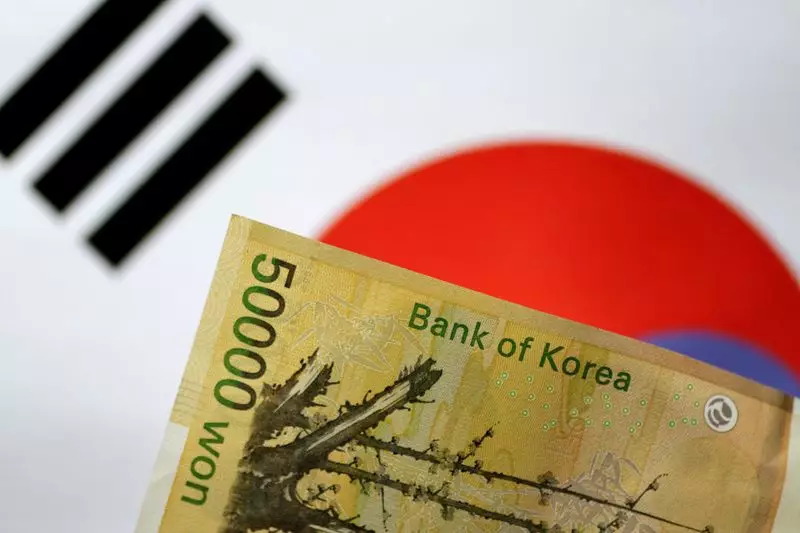In recent weeks, South Korea has faced significant political upheaval, which has prompted concerns about the potential implications for its economy. The governor of the Bank of Korea, Rhee Chang-yong, highlighted that the stability of the political environment will be a crucial determinant of economic performance in the coming months. Unlike previous factors such as U.S. monetary and trade policies, Rhee emphasized that the country’s internal political dynamics are now more influential in shaping economic prospects. This shift suggests that South Korea’s economy is becoming increasingly sensitive to local governance and policy stability.
On the economic front, the Bank of Korea made a pivotal decision to maintain its policy interest rate at 3.00%, contrary to expectations of a potential reduction. This decision reflects the central bank’s strategic focus on maintaining stability amid political chaos, particularly following President Yoon Suk Yeol’s controversial attempt to impose martial law. The ramifications of this political crisis were profound enough to prompt the government to revise its economic growth forecast for 2025, reducing it from 2.2% to a more conservative 1.8%. This downturn in growth expectations underscores the adverse impact political instability can have on economic optimism and planning.
Rhee identified the need to support the South Korean won, which has been showing signs of weakness partly due to the ongoing political crisis. The central bank’s decision to hold interest rates steady was also influenced by the recent arrest of President Yoon, an unprecedented event for a sitting president. This situation caused fluctuations in the won’s value. Following the news of Yoon’s arrest, the won experienced a temporary strengthening, driven partly by market reactions to both domestic and international economic data.
Although Yoon’s arrest may appear to provide a short-term solution to leadership uncertainty, experts caution that this event does not signify an end to the political turmoil enveloping the country. Yoon’s reluctance to cooperate fully with the ongoing investigation signals that the political landscape may remain contentious for the foreseeable future. The implications for South Korea’s economic outlook are significant; without a stable political environment, sustained economic growth could be precarious.
Overall, South Korea finds itself at a crossroads, where the intertwining of politics and economic health plays a crucial role in shaping the nation’s future. The path forward will require not only economic adaptations but also a concerted effort to stabilize the political arena. As Rhee Chang-yong aptly noted, achieving political normalcy is paramount, underscoring that economic decisions and forecasts are increasingly tied to the ebb and flow of political stability.

